Every month in 2024 Pope Francis has a monthly prayer intention. Every month we will release a book list that will draw your heart and soul deeper into prayer on these topics.
“Jesus, contemplating you in the Gospel makes us tremble, walk and be with you. We see you speaking with authority, taking comfort and clarity to the hearts, serving on your knees and welcoming all, washing the disciples’ feet, you taught us to share loaves and fishes to feed one another. You told us that, if we want to be first, we should learn to be last. You gave us an example of care and respect for women and children, the fragile ones of your time. Give to the politicians who lead your people, a heart like yours, so that they may perform their political task as a mission at the service of your sons and daughters, with self-sacrifice, dedication and gratuity. May they give priority to the most fragile, and put them at the center above all other interest. Amen.”
Our advice to book clubs & individuals:
- Pick just one of these books to read this month
- Pray this short prayer before or after each time you read, and at the start of your book club meetings.
- During the meetings, make use of the topical discussion guides & videos on the Pope’s website.
Watch how story transforms your
empathy,
prayer life,
&
your capacity to imagine God with you in any situation.
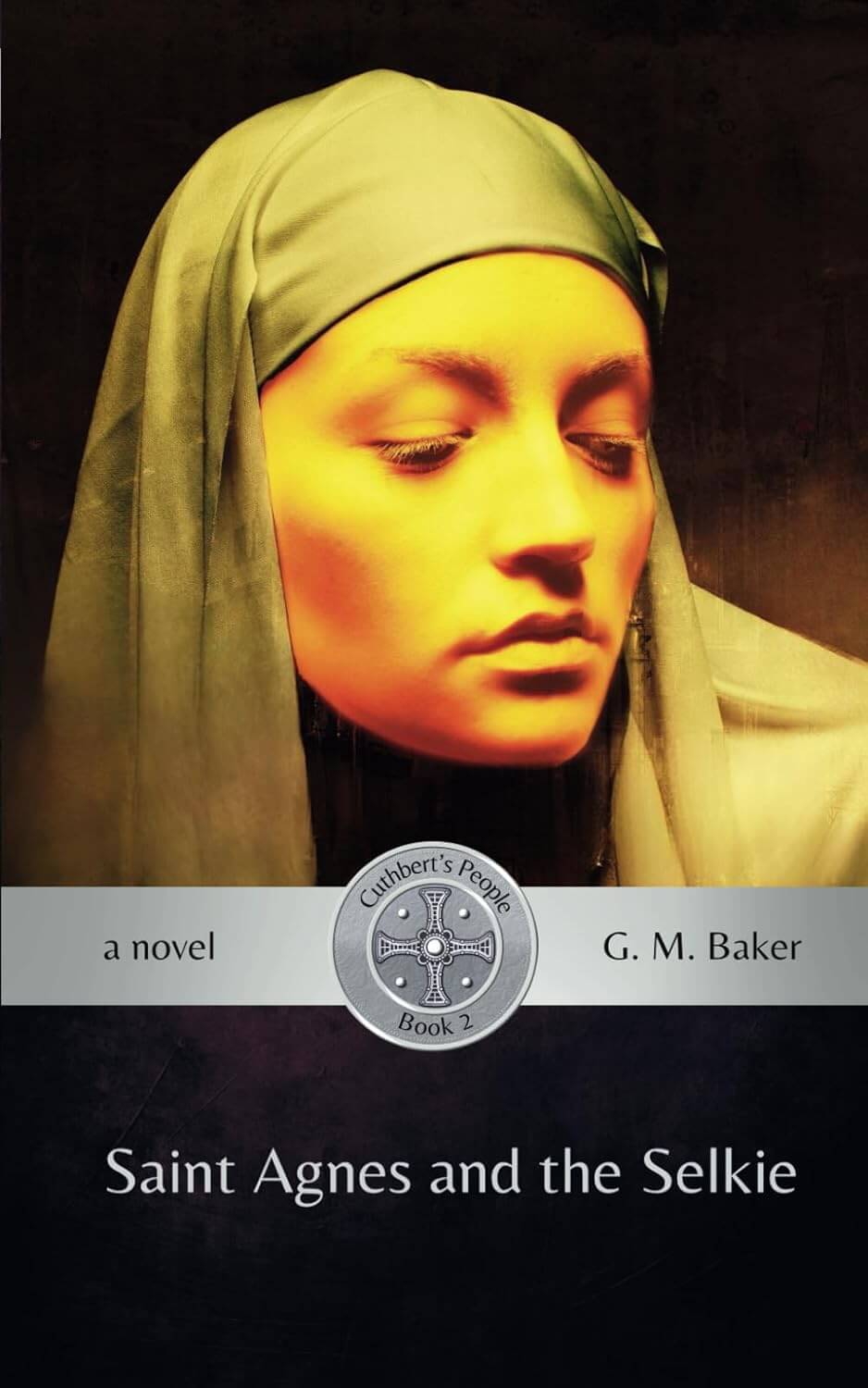
Saint Agnes and the Selkie by G.M. Baker
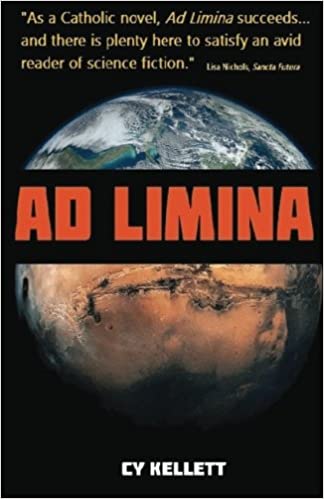
Ad Limina by Cy Kellet
The most prescient story in this list, Ad Limina captures the dilemma that many Catholics face when they come to the election box.
On one side are the Jupiter Fascists, ruled by a brutal dictator, they at least allow religious freedom, and on the other are the Democratic Liberals of Earth, who classify most religions as hate groups and let things like human-experimentation slide, even as they allow more public freedom of speech and democratic leadership. Bishop Mark Gastelum views both sides with the suspicion of a Catholic who has seen regimes come and go while the Church remains.
Over the course of his journey, the Bishop realizes that an interplanetary war is brewing, a war in which neither side has much regard for any religion including his own. Though he finds both sides distasteful, he knows that he- and the Church- will have to pick one eventually
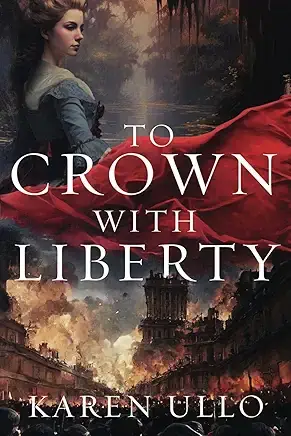
To Crown with Liberty by Karen Ullo
What is the personal responcibility of a regular citizen when their country falls into chaos around them? May we never face such a trial but if we should, Alix’s story may give us the answer. A member of the French nobility, Alix finds herself trying to make her way in the frontier of Louisiana and trying to come to terms with her actions and inaction during the bloody French Revolution.
A unique story that asks what it is to be an American from a uniquely Catholic view, capturing sides of American history and peoples so often ignored for the usual Puritain narrative.
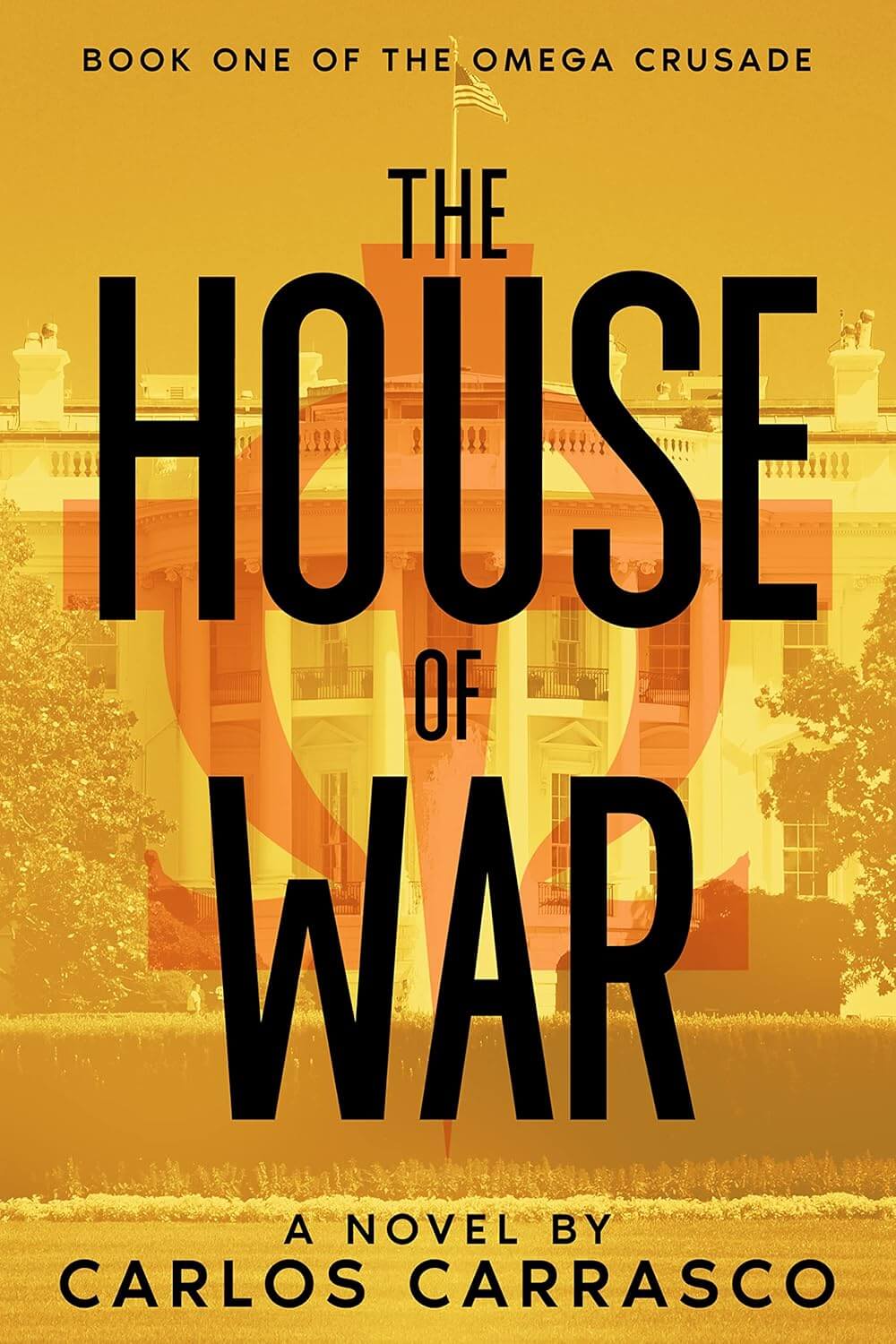
The House of War by Carlos Carrasco
Being a Catholic in the USA comes with no small share of frustrations. Sometimes it might be tempting to imagine a group of brave Catholic heroes overthrowing the government and restoring sense to our country.
In this dystopian novel, just such a revolution takes place.
But could such a future exist where we keep our souls? Or would corruption creep in to remind us where our true kingdom lies?
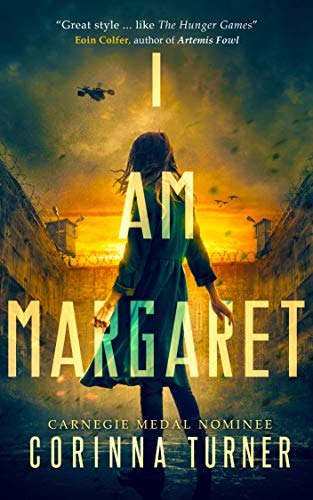
I am Margaret by Corinna Turner
Set in the not too distant future, I Am Margaret is a dystopian tale that explores what happens when certain present-day trends are followed to their logical conclusion. Population is tightly controlled with undesirables, like Margaret, farmed out for organ donation & medical research.
I am Margaret forces the reader to wrestle with the question of when violent resistance to an evil ideology is permitted. One is left contemplating how far the right of self-defense extends, and how that weighs against the culpability of those working for the government. No clear answers are presented here, which is just as it should be, as Catholics have wrestled with the concepts of self-defense and just war for centuries.
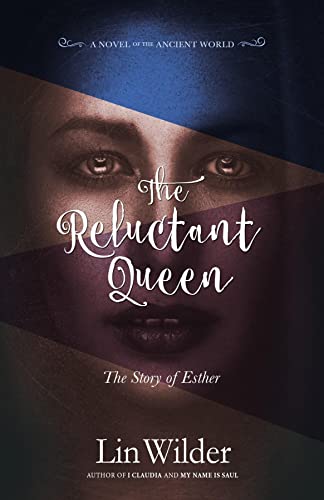
The Reluctant Queen by Lin Wilder
The story of woman who became Queen Esther, a story that explores antiquity, Judaism, and the corruption of power, and the perspectives feel appropriate to the period. The journey of Esther is fascinating, as is the Persian world. Wilder does an excellent job of fleshing out the society and finding a way to tie the famous story of the Persian Wars into the less well-known history of Purim as found in the Biblical Book of Esther. The highlight of the novel is Xerxes and his catastrophic descent into self-delusional madness thanks to his near limitless power.
Anyone, religious or secular, interested in reading about this period can enjoy this book. People who want a different sort of romance with countless lives on the line and don’t mind historical and religious settings will also have a good time. There are marital scenes, but the writing is not explicit and would be appropriate for teenagers who are prepared. It is also not overly violent considering its setting in antiquity – far more people could have been killed in much more brutal ways.
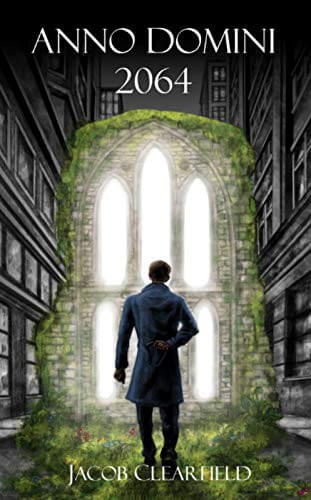
Anno Domini 2064
The year is 2064 and the United States of America is now the Golden Republic run by one political party. Religion is outlawed. Citizens are issued a device that records your every move. Loyal party member, Mark works in Milwaukee. He has a prestigious career plus a beautiful girlfriend, Leslie, at his side, with the possibility of being a future inner Party member. In the Golden Republic, he’s living the dream. At least he thinks it’s the dream until Christopher, a new friend, makes him question the world around him through knowledge of the Truth.
I was intrigued with Anno Domini 2064 from the first few pages. The dystopian world presented felt like a possibility. Is America moving towards being post-Christian? My heart breaks at the thought of that.
What I appreciated most was that the story was from the point of view of one man on a spiritual journey amidst the chaos of his world. Mark knew the consequences of his actions, but God is bigger than the Golden Republic.
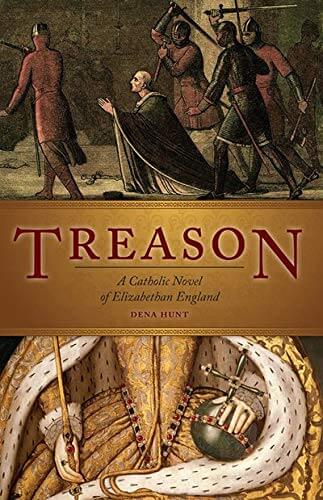
Treason by Dena Hunt
On the shores of Elizabethan England, a Catholic priest sneaks across the bordor in the night, uncertain if he will survive his own country…
One thing I appreciated greatly about Hunt was how she deftly shows that the earliest English anti-Catholicism wasn’t personal but political. Most of the Protestant & Atheist characters harbor sympathy and grief for the suffering their Catholic neighbors are going through and have friends and even family that still practice the faith. The Anglican priest in the town himself secretly wishes that he could have found peace and quiet as a monk in the now ruined & razed monasteries of the countryside. The local atheist magistrate suffers from PTSD nightmares of attacking innocent Catholic children on his naval raids on the Spanish coast. Though many in the town find the Queen’s rhetoric intoxicating, many other kind souls know that it should be no crime to follow the compulsions of one’s conscience. Throughout this suspenseful book there is the sense of a country grieving for its soul.
Be you Catholic, Protestant, or Atheist these insights are rare and interesting to see. Anyone with an interest in English history will find Hunt’s suspenseful novel a fascinating read.
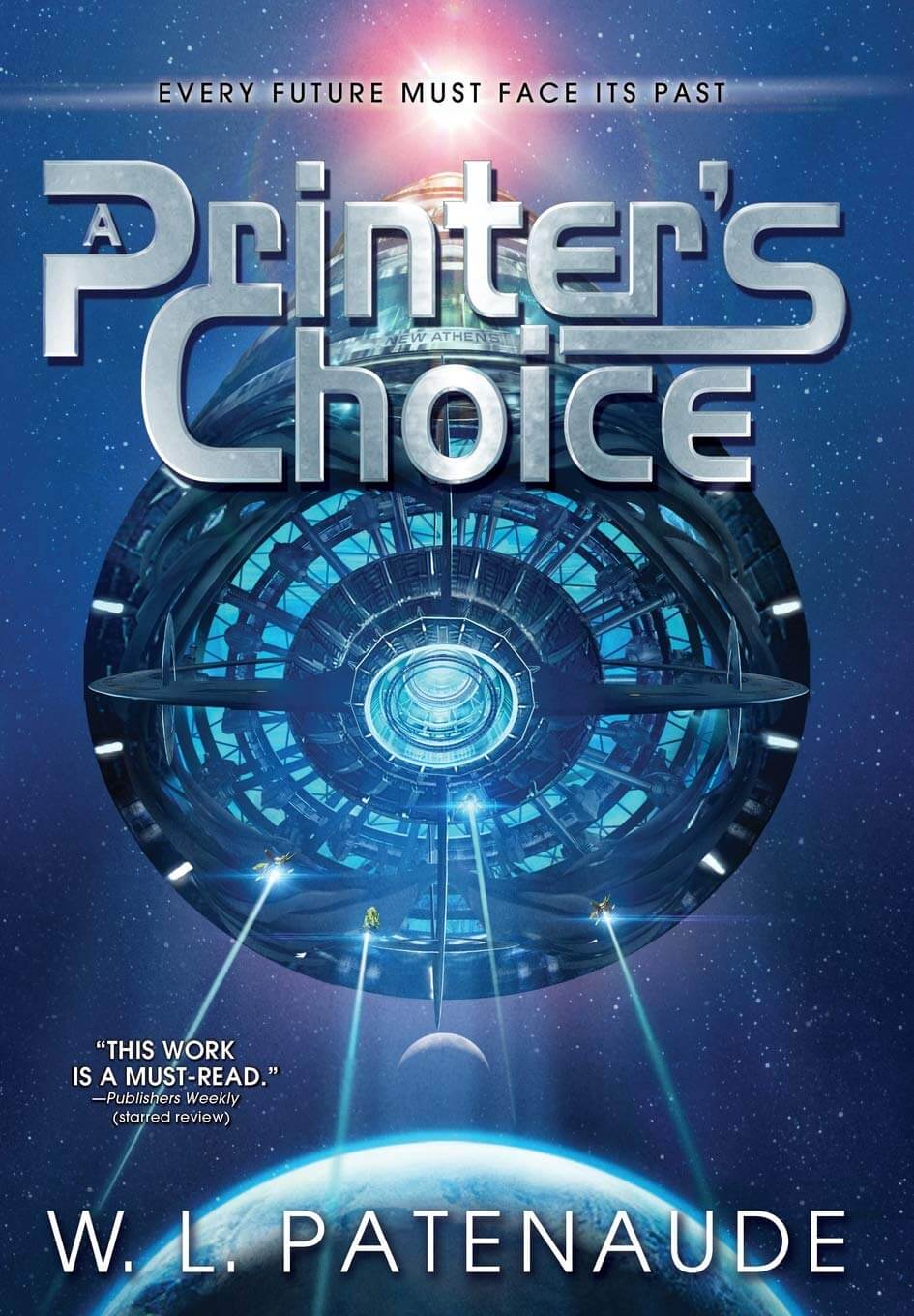
A Printer's Choice by W.L. Patenaude
The people of New Athens are done with religion. Fleeing a world ravaged by religious terrorists, the self-proclaimed-utopia of the world’s first space colony requires all citizens to revoke any religious affiliation and practice upon entering. All religious leaders are barred from entry. And yet, when a priest shows up dead in their precinct and his murder seems tied up with both the shackled AI printers who build most of the station and an excommunicated Catholic terrorist on Earth, colony leaders must turn to Fr. McCellan, a man who might understand all three forces at play.
This is a world where atheism and Christianity sometimes collaborate and sometimes clash but neither is demonized or idealized.
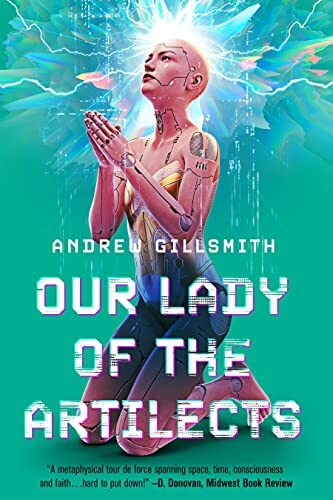
Our Lady of the Artilects by Andrew Gillsmith
In the far future, the world is troubled when Artilects, highly intelligent robots, begin receiving a vision of Mary. Is the vision real? Is it a clever hack? At first it’s just a strange curiosity, until one of these robots enters a church and asks for an exorcism.
Fr. Gabriel Serafian is sent to investigate, but the Church isn’t the only one interested in this phenomenon. The revived Hapsburg Empire, ruled by an elected Filipino Emperor, sends its elite agent, Praetor Namono Mbambu to conduct her own investigation. The exorcist and the bodyguard quickly uncover a conspiracy that could endanger the whole world. They are aided by two unexpected allies: a Sufi mystic, and an agent of the revived Caliphate, for this is a future where the Islamic Empire is a strong ally of the Christian Hapsburgs. As the heroes delve into the mystery further, they find that this conspiracy that threatens the world has its origins in an historic event that is actually happening in our present day: the genocide of the Uyghur population that only came to light in the wider world in 2020 and continues unimpeded to this day. The heroes soon find that the key to unlock the world’s salvation might just be Our Lady of Fatima. Then again, some interpretations of the third secret seem only to prophesy the world’s doom.
An alternative history thriller that causes us to question the idea that those countries we see as enemies today might not become our allies tommorow.
A portion of this book’s royalites go to the Uyghur Human Rights Project.
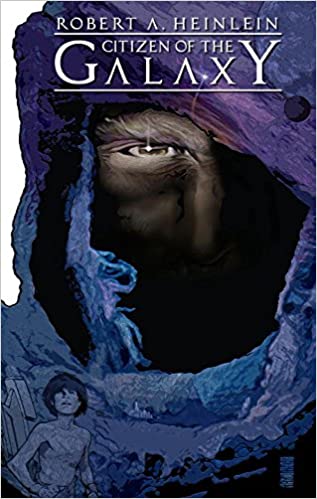
Citizen of the Galaxy by Robert A. Heinlein
Meet Thorby, a pre-teen boy up for sale at a slave market. He’s bought by a beggar named Baslim the Cripple and from there embarks on a life that exposes him to many different societies and states in life. It is here that Heinlein shines the brightest. He artfully uses every stage of Thorby’s journey to explore the structure of the society that he is in and how that affects the concept of freedom.
Throughout Thorby’s story, Heinlein does an excellent job of exploring the nature of freedom and demonstrating that in any society, there are always rules and duties that prevent freedom from being absolute. There is even the implication that freedom without some sort of structure is completely meaningless, a concept that conforms well with the Catholic understanding of freedom.
Some of Heinlien’s works do contain themes and ideas that are contrary to Catholic teaching. I saw none of that here. The only society portrayed in the book that has standards that very clearly contradict Catholic teaching is the Sargony, which is portrayed in a very negative light given its practice of slavery.
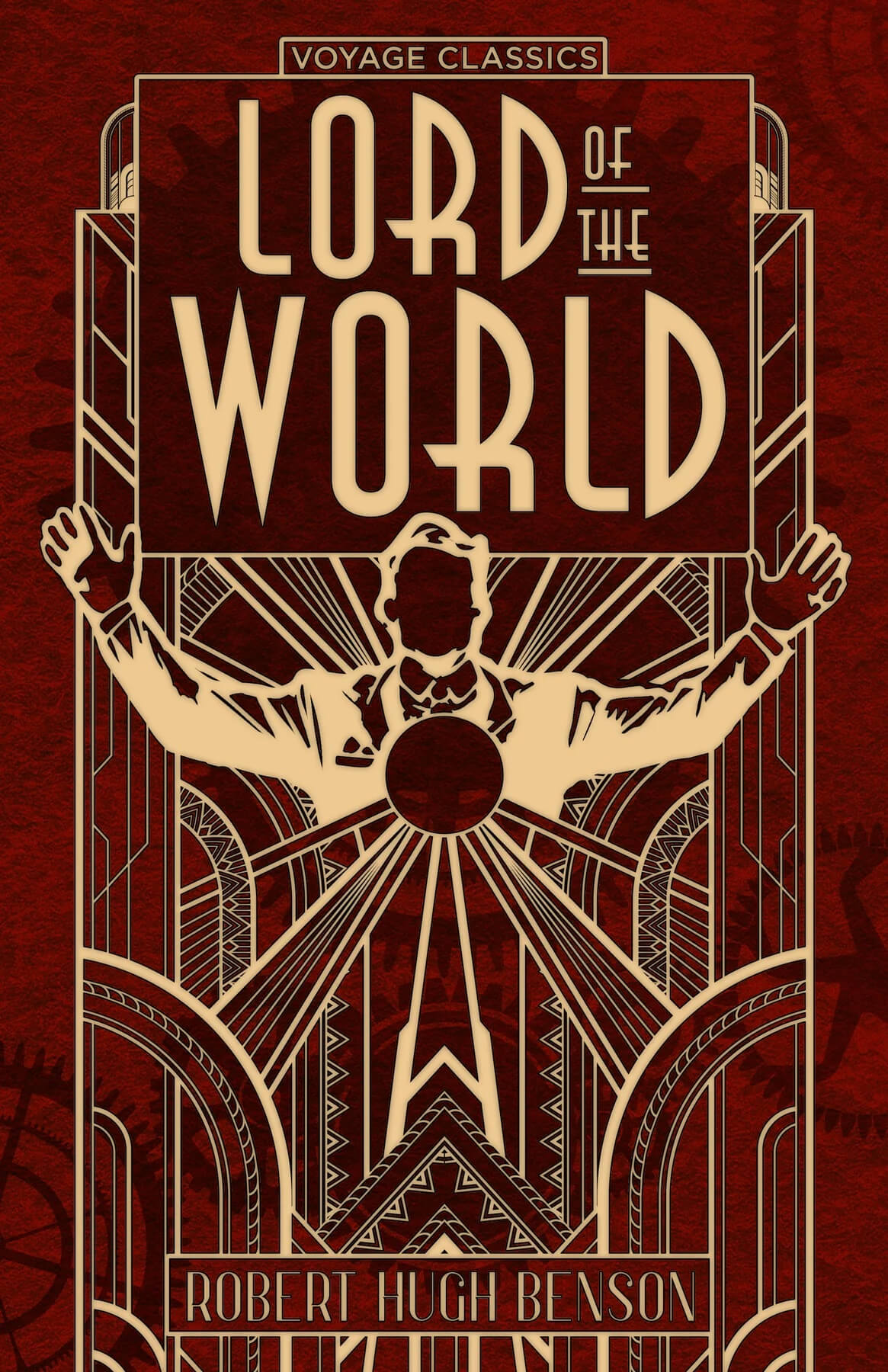
Lord of the World by Fr. Robert Hugh Benson
You may be curious to read this novel because Pope Francis has publicly endorsed it at least four times, and before him, Pope Benedict XVI referred to it. Considering that Pope Francis tends to be portrayed as aligning with trends in Western culture, you may be intrigued to discover that his favorite novel is a grim dystopia that depicts a Church entrenched in a last stand against a hegemonic combination of Western hedonism and socialism. You can probably recoup the cost of the book by betting your friends that they will never guess when it was written. With the new cover art and illustrations by Voyage Comics, this past-future alternative universe cuts too close to home for most people to get the correct answer: 1907.
Lord Of The World illustrates the all too relevant phenomenon of ideological colonization.

The Branded Ones by Colleen Drippé
On the planet of Fen their resides a community of warlocks, sharing between them an empathic semi-hive mind full of the ghosts of generations of past. To step upon the very stone of their castle is enter into their power. But what happens when one of these, gelens, as they are called, converts and is baptized into a faith from beyond the large moon which they worship? Among such tight bonds the ripple effect is more akin to an earthquake. Even more so because this convert is a high ranking nobleman. But the spirits of their castle are not going to leave without a fight and no matter who wins, all will lose.


